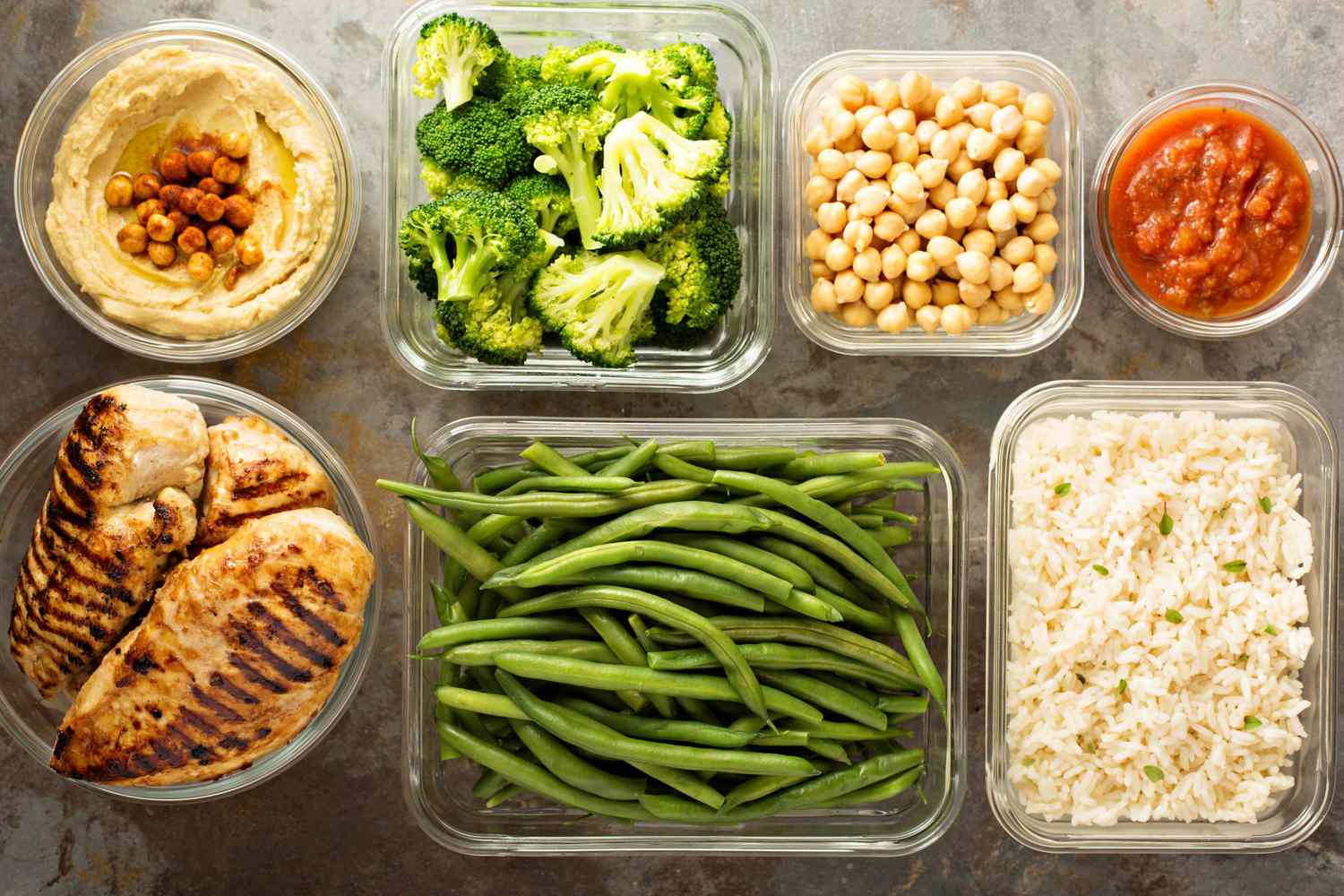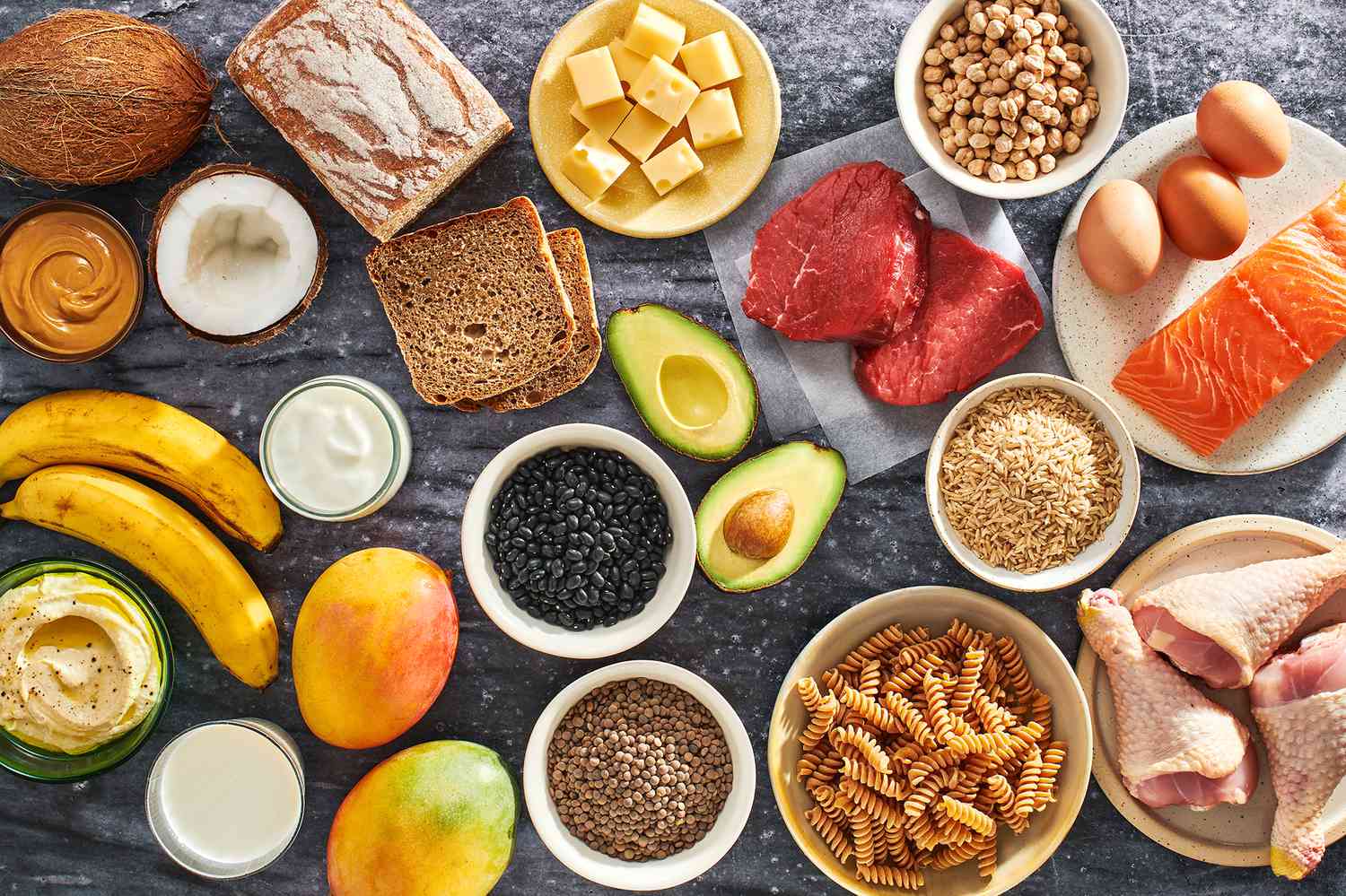Why Small Meals Are Important
Small meals are an essential part of a healthy eating plan. Eating smaller, more frequent meals throughout the day can help maintain steady energy levels, control hunger, and prevent overeating. It can also help boost metabolism and aid in weight management.
Tips for Eating Small Meals
Here are some tips for incorporating small meals into your daily routine:
- Plan Ahead: Take some time to plan your meals and snacks for the day. This can help you avoid reaching for unhealthy options when hunger strikes.
- Portion Control: When eating small meals, portion control is key. Aim for balanced meals that include a mix of protein, healthy fats, and fiber-rich carbohydrates.
- Snack Smart: Choose nutrient-dense snacks such as fruits, vegetables, nuts, and yogurt. These options can help keep you satisfied between meals.
- Stay Hydrated: Drinking plenty of water throughout the day can help curb hunger and prevent overeating.
- Listen to Your Body: Pay attention to your body’s hunger and fullness cues. Eat when you’re hungry and stop when you’re satisfied.
Benefits of Eating Small Meals
There are several benefits to eating small, frequent meals:
- Steady Energy Levels: Eating small meals can help maintain steady energy levels throughout the day, preventing the energy crashes that can occur after large meals.
- Improved Metabolism: Eating small, frequent meals can help keep your metabolism revved up, potentially aiding in weight management.
- Controlled Hunger: By eating smaller meals more frequently, you can help control hunger and prevent overeating.
- Enhanced Nutrient Absorption: Eating smaller meals can help optimize nutrient absorption, as your body can better process and utilize the nutrients from the food you consume.
Sample Small Meal Ideas
Here are some ideas for small, balanced meals:
- Grilled chicken breast with quinoa and steamed vegetables
- Greek yogurt with berries and a sprinkle of granola
- Salmon salad with mixed greens and a vinaigrette dressing
- Whole grain wrap with turkey, avocado, and spinach
- Vegetable omelet with a side of whole grain toast
Conclusion
Eating small meals throughout the day can have numerous benefits for your overall health and well-being. By incorporating balanced, nutrient-dense meals and snacks into your daily routine, you can help maintain steady energy levels, control hunger, and support your metabolism. Remember to plan ahead, practice portion control, and listen to your body’s cues to make the most of your small meal eating plan.











